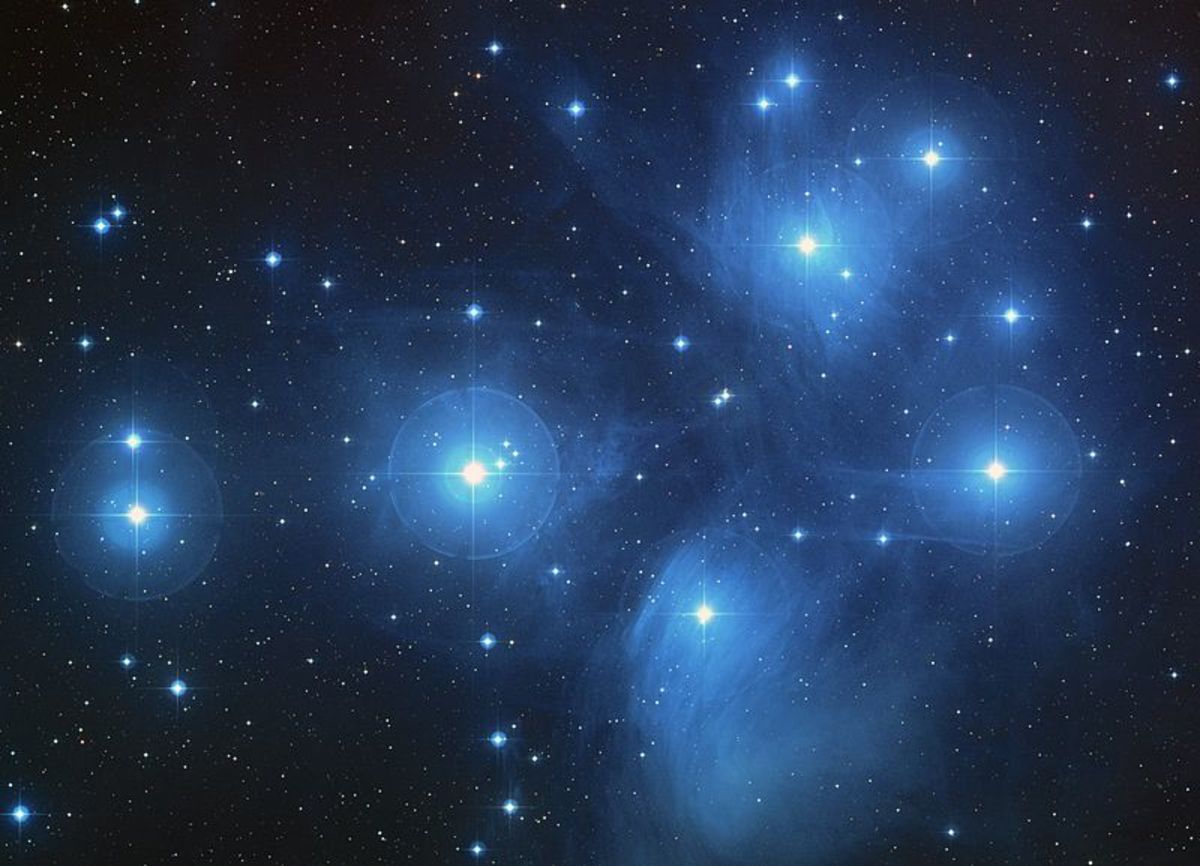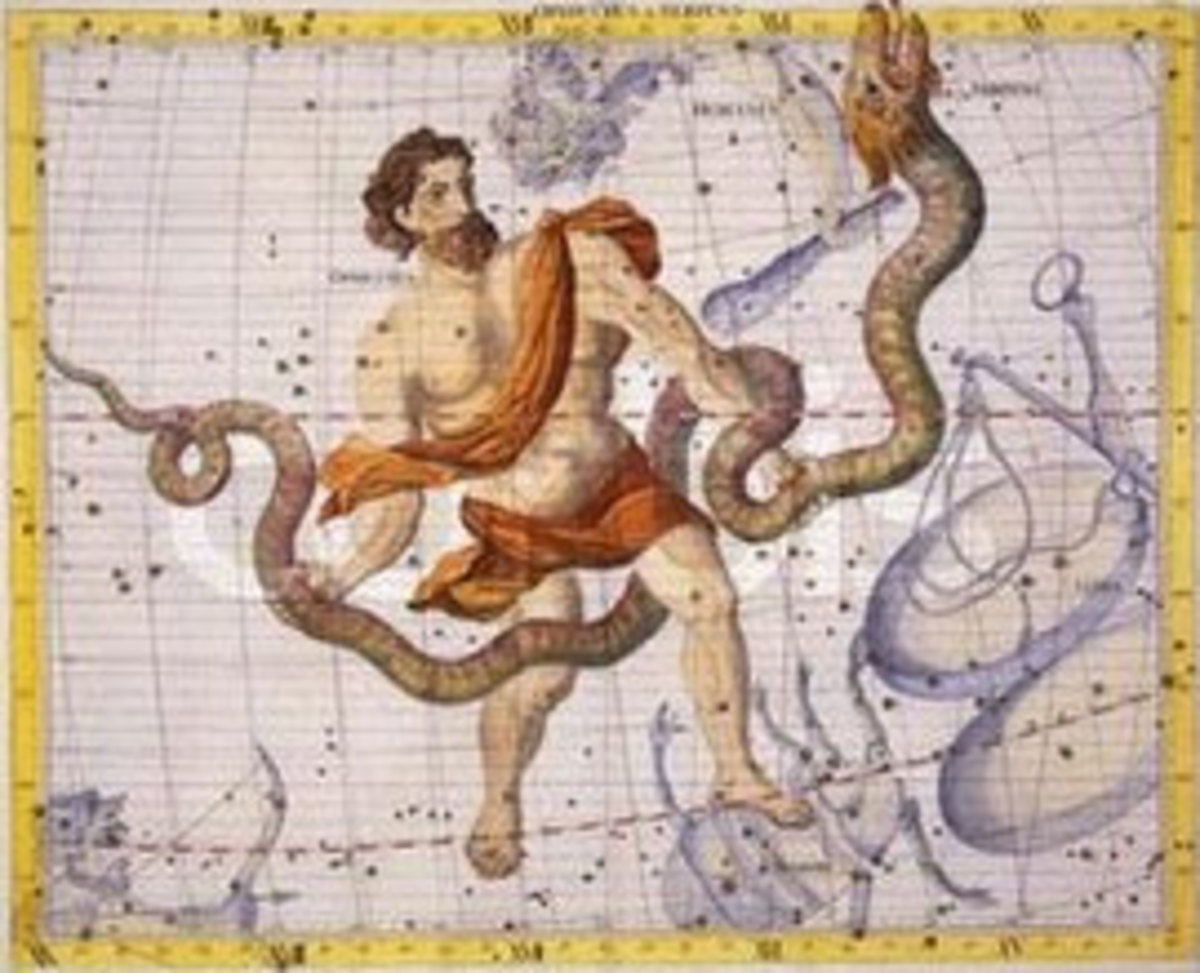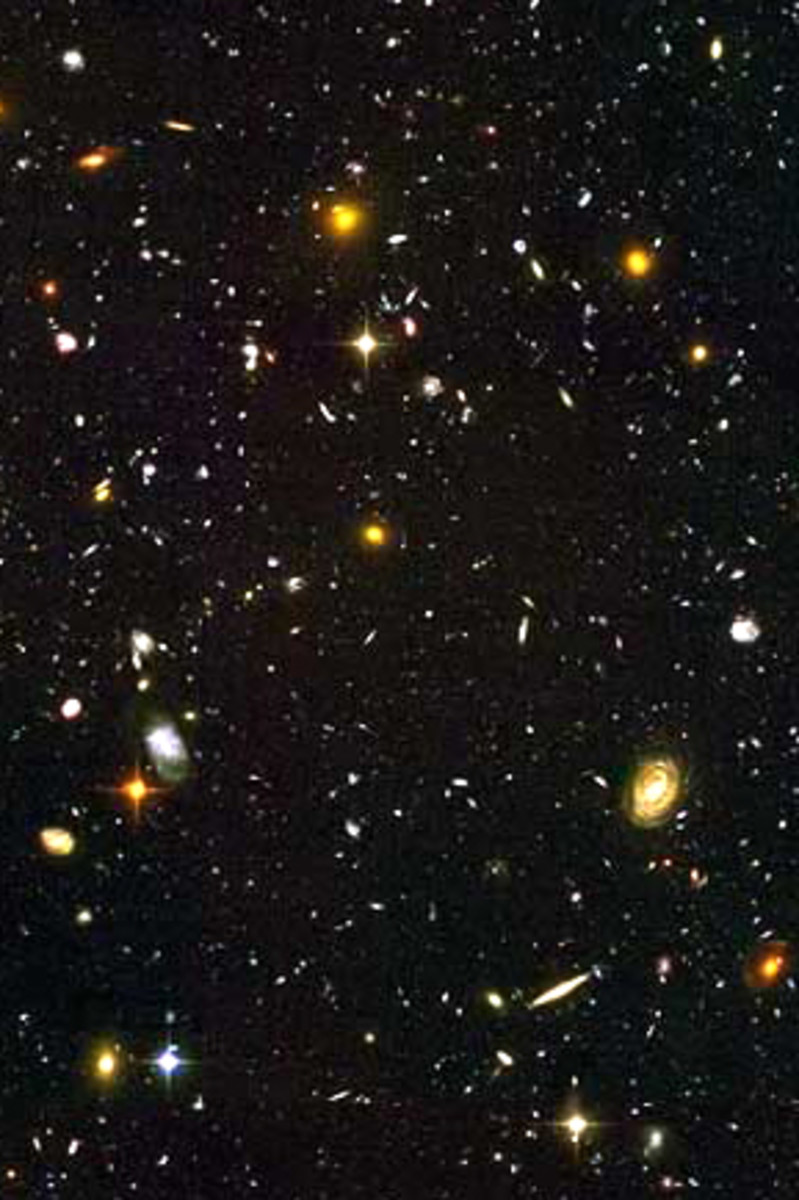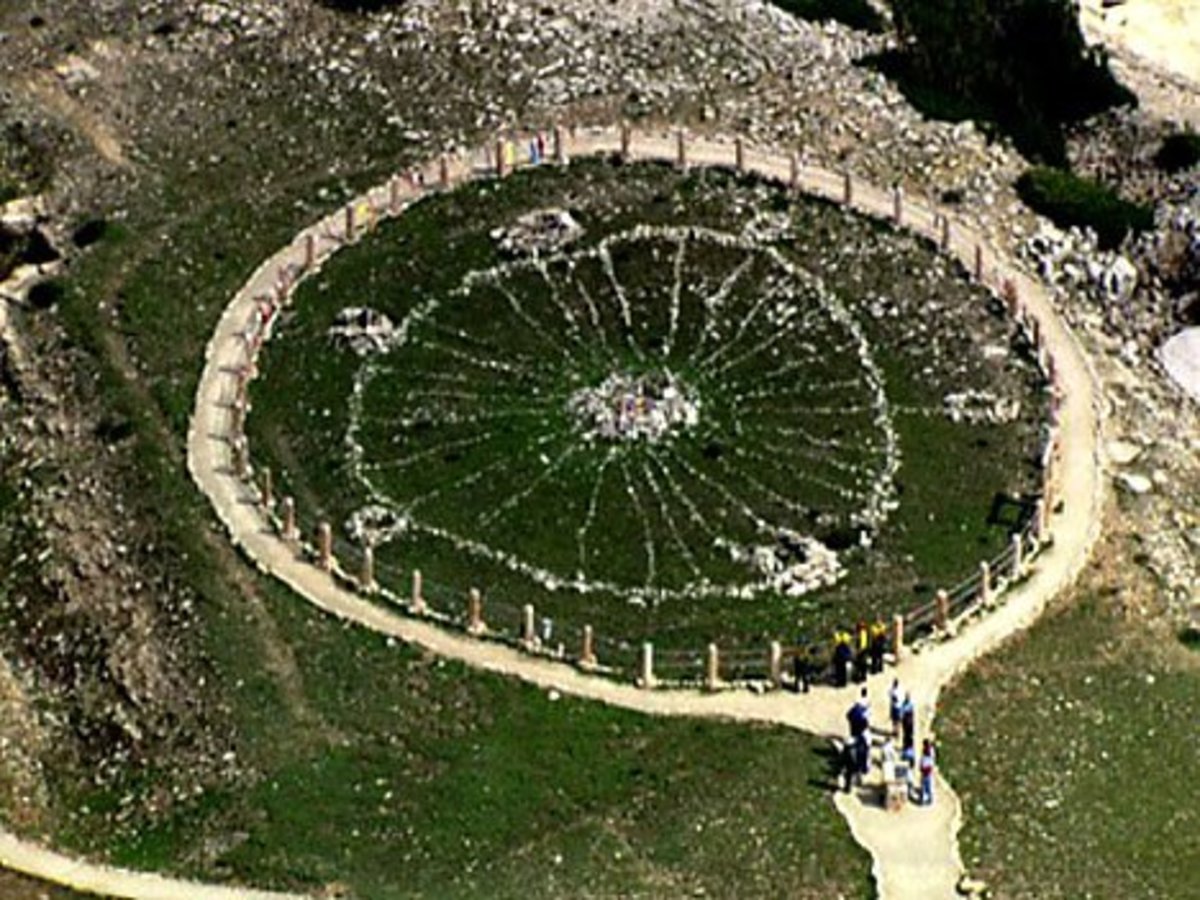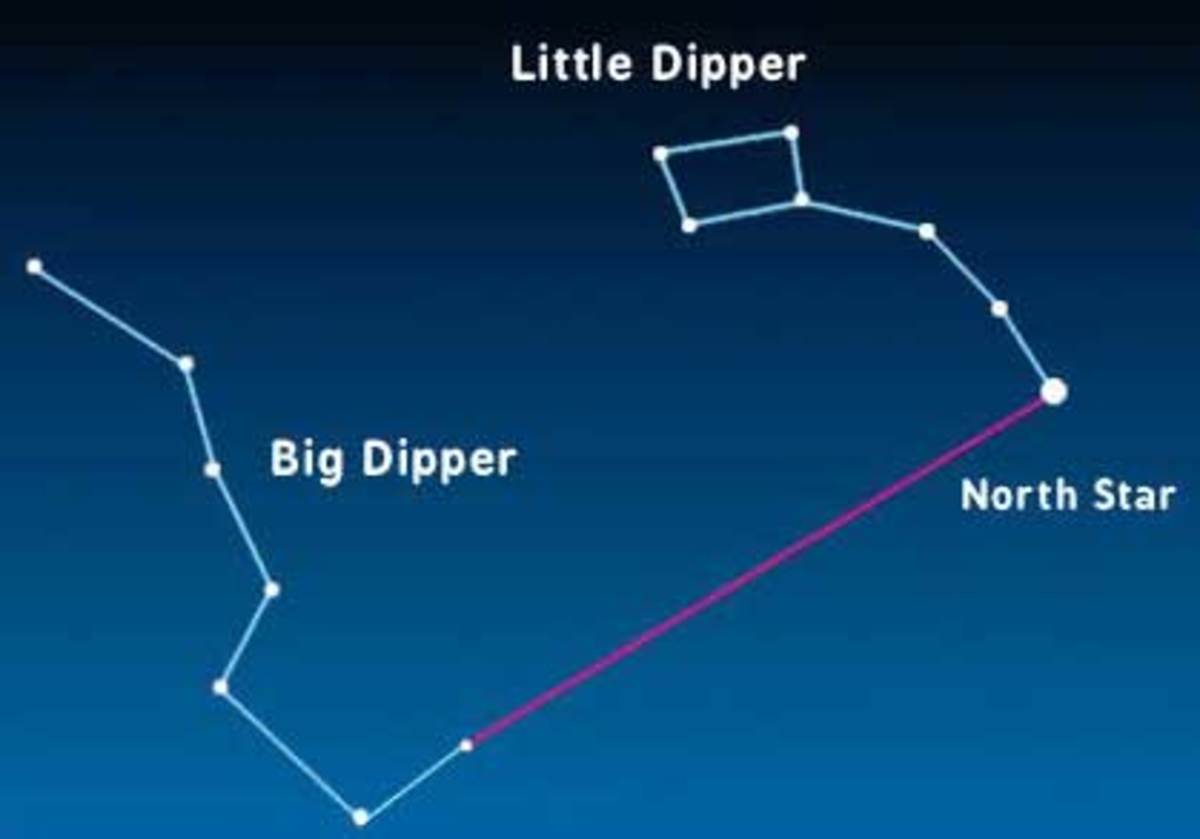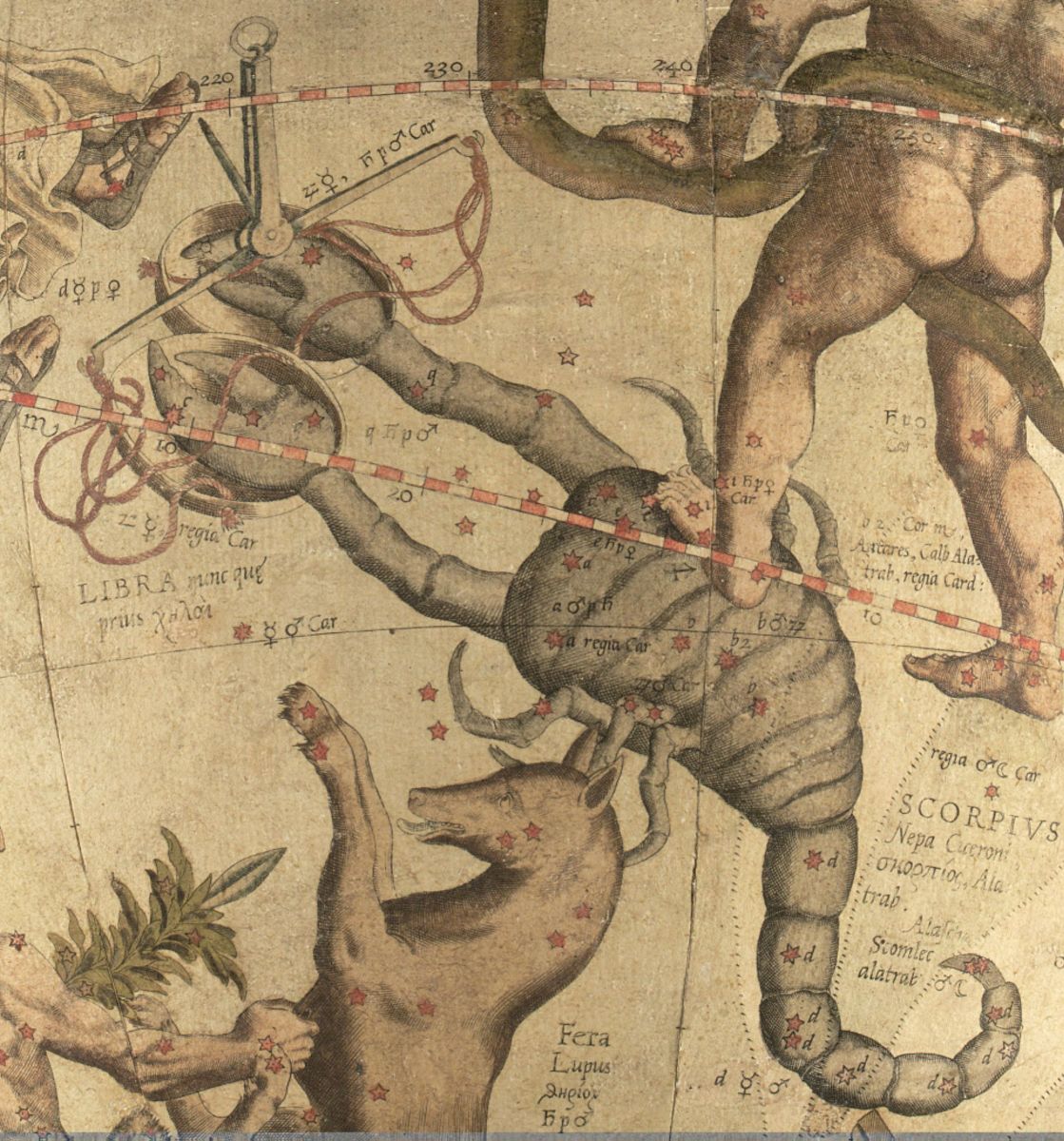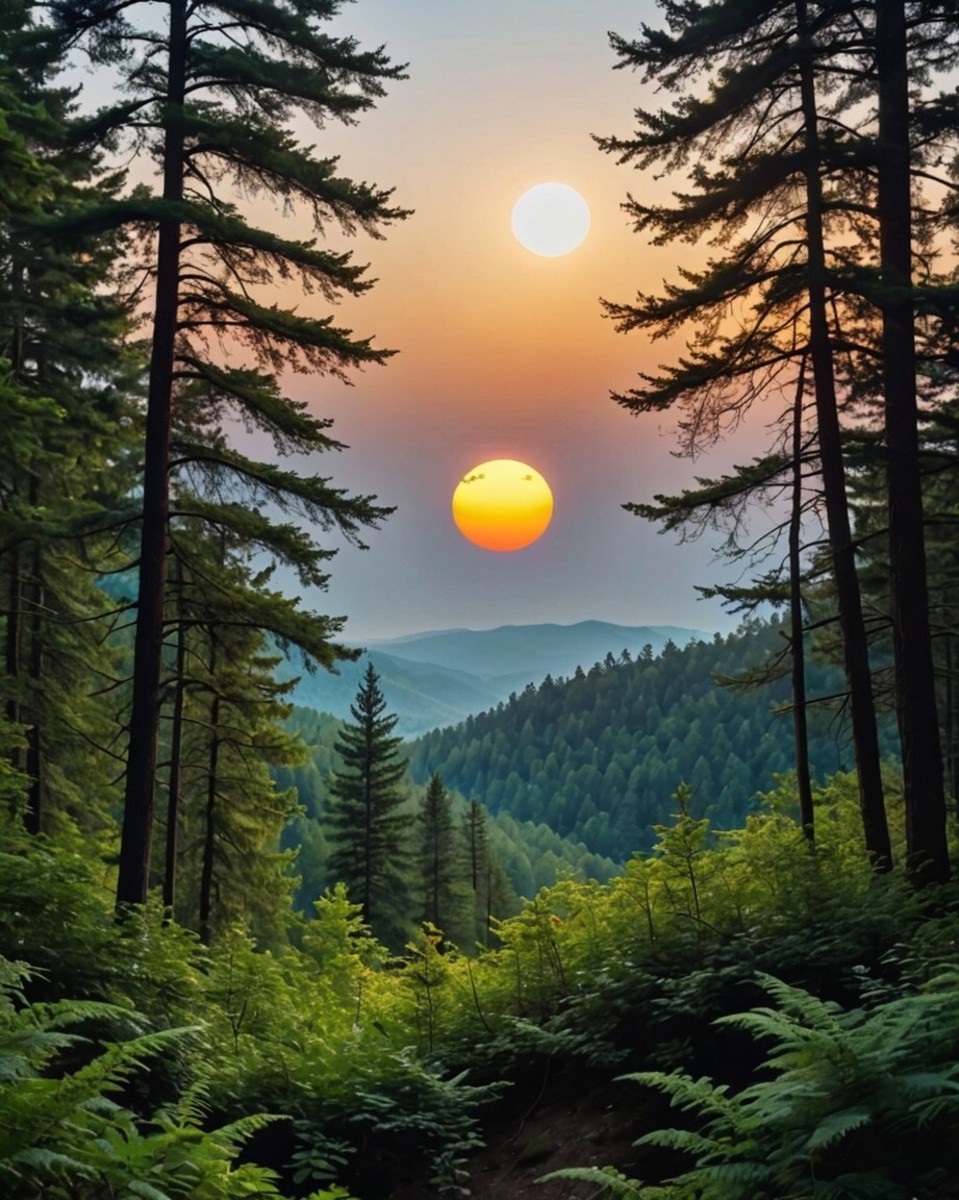Light Pollution: Causes and Cures
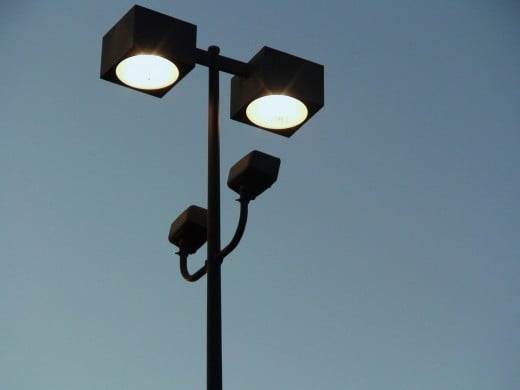
By Joan Whetzel
Our youngest generations are growing up unable to see the stars and constellations, meteor showers, and constellations that were visible a mere 50 years ago, thanks to light pollution. It produces a "sky glow" every night over cities around the world. We can't even escape it by driving out to the suburbs. About the only place most of us can see a pristine night sky anymore is in photographs, at the planetarium, or by taking a long road trip out to the middle of an non-civilized nowhere. So what is light pollution? And can anything be done about it?
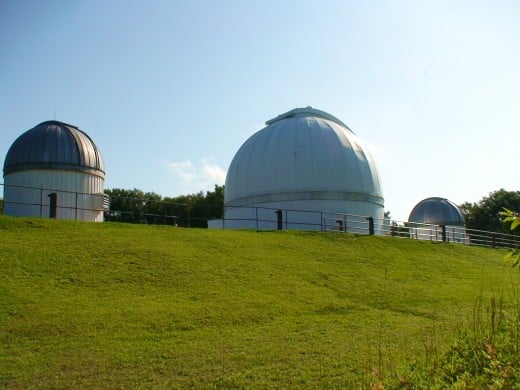
What Is Light Pollution?
Light pollution is generated by outdoor lighting that is used incorrectly or is misaimed. There are several forms of light pollution: urban sky glow, glare or direct glare, overuse of security lighting and light trespass.
Urban and suburban street lights, landscaping lighting, and exterior lighting (for security, parking lots or artistic purposes) creates urban sky glow because there is so much of this wasteful lighting going on. Glare is the use of lighting that is much too bright and is blinding to people and animals. It includes all the lighting producing urban sky glow as well as automotive headlights. Direct glare is the type of blinding light caused by exterior lighting that is incorrectly shielded, which shine out in all directions rather than being directed downward at a specific location. Light trespass occurs when one neighbor's exterior lighting, meant as security lighting, spills onto the property of other neighbors - whether they like it or not. It frequently causes problems between neighbors, especially when the light trespass shines in the affected neighbor's bedroom windows.
Many people feels safer having their residences and businesses lit up by security lighting. But there is increasing evidence that, with so much security lighting, we are becoming immune to it; we have come to expect it so we don't pay much attention to buildings that are lit up at night. Since security lighting no longer grabs our attention, someone could walk into a well lit house or business and rob the place, and no one would even notice. If we walked by a well lit building with someone moving around inside, we'd just automatically assume that it's a resident or employee, and go on about our business. In other words, the lights aren't drawing the attention of potential witness, they're only lighting the robber's work area. There is also some evidence that light pollution harms some nocturnal wildlife, which can't see well in the presence of so much light. It has also caused some species to quit reproducing.
Light pollution has even adversely affected the field of astronomy. True, many of the larger telescope and observatory facilities are in remote areas. But as people move further and further out from the big cities, bringing their night lighting with them, they begin encroaching on the dark skies that observatories require to observe the faintest objects in the night sky.

Checking the Lighting in Your Neck of the Woods
To check your neighborhood for light pollution, begin by looking up and down your street, scrutinizing the street lights, landscape lighting and exterior home lighting. Create a map showing all the lights on your street, which lights point up and which are aimed downward, and which lights are properly hooded or are "full cut-off" lights. Also note they type of light bulbs (i.e. mercury lamps, white light, sodium lamps, soft landscape lighting, or incandescent light bulbs). The light fixtures that contribute to light pollution are those that are not hooded or that are aimed upward toward the night sky (e.g. those that illuminate the US flag or the sides of buildings as artistic lighting).
Create a table like the one above. In the left-hand column, write the date of your observations. In the middle column jot down the location of your neighborhood and any other neighborhoods you observe. In the right column, rate the quality of the night sky for that neighborhood on a scale of 1 to 5. A rating of 1 means the sky glow is bright and star visibility is low, while a rating of 5 means the sky glow is very dim and visibility is quite good.

Checking Sky Darkness Around Town
Try checking sky glow in several spots around your town. Pick about 4 or 5 spots that range from very brightly lit to not well lit at all. Take with you a light meter and either a toilet paper roll or a paper towel roll as a form of telescopic viewer. Create a table like the one above. Label the first column "Date", the second column "Location", the third column "Sky Description", the fourth column "Star Count", and the last column "Light Meter Reading".
Drive to each of the spots you have chosen. List the dates and locations on your chart and fill in the physical description of the sky with your bare eyes. Hold the meter up toward the sky - make sure you are not aiming it directly at a light - and take a meter reading. Finally Use the cardboard toilet paper or paper towel tube to look up at the sky. The tube cuts out the external light around you so that you only see the night sky. Make a note of the sky glow on a scale of 1 to 5 as before. Then count how many stars you see through the tube. Write all this information down on your table. Compare the readings and observations between the different locations. How much difference was there from the most brightly lit area to the darkest area of town.
Fixing Light Pollution
The first place to fix light pollution is by controlling any light pollution issues at home or at your business. Replace exterior lighting with hooded or shielded lights (aims the light downward and prevents leakage up to the sky) and full cut-off lighting (prevents light from being emitted above horizontal and has glare limitations).
Turn off landscape lighting. Yes, I know you're proud of your landscaping, but who really looks at other people's landscaping after dark? Does it really need to be lit up at night? By not using electric lighting on areas that don't need to be lit, you will also save a little money on your electric bill
Use less security lighting. Why use more light when only a small amount of light will do? Using a 100 watt bulb when a 40 watt bulb lights up your front entryway just fine is like shooting a fly with an elephant gun. Also, use timers, dimmers or motion sensors to reduce lighting or turn it off when it isn't really necessary. BTW, this will also help with the issue of light trespass and maybe even keep the peace with your neighbors. Besides a motion sensor that suddenly turns on when a burglar approaches your business or house would probably prove more of a deterrent to the burglars.
Try talking to your neighbors about lighting issues around the neighborhood. If they seem resistant, don't force the issue. However, if it's an issue of light trespass from your neighbor onto your property, it is neighborly thing to approach them and politely request a change in their lighting system and explain how it's causing a problem for you. Most neighbors, you will find are willing to comply once they realize there's a problem. However, if resistance persists, there's always the Home Owners Association.
Decreasing light pollution in town could prove more difficult. The perceived need for security lighting is more firmly entrenched in most big cities. The best you may be able to hope for as an individual is to petition local business to decrease the amount or the brightness of their lighting. You could also petition city council to restrict the use of up-lights to highlight architectural details of prominent buildings as a way of reducing light pollution.
Decreasing light pollution is easy. It also makes sense since it decreases the use of electricity, which in turn, reduces our electric bills. Reducing our dependence on night lighting may also help keep the peace with our neighbors. And best yet, by reducing light pollution, we could diminish the sky glow enough to take our kids and grandkids out into our own backyard to view all the treasures that the heavens have to offer on a dark night.


